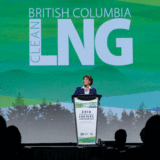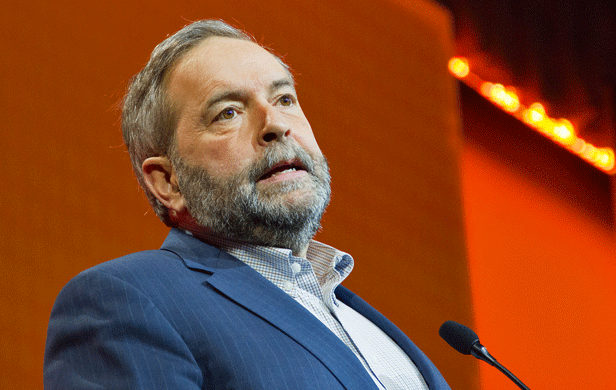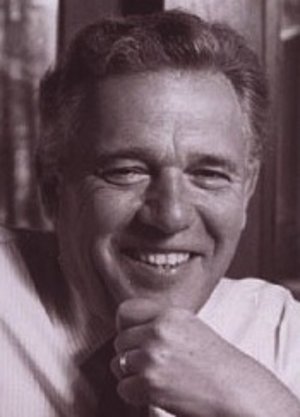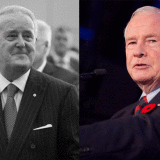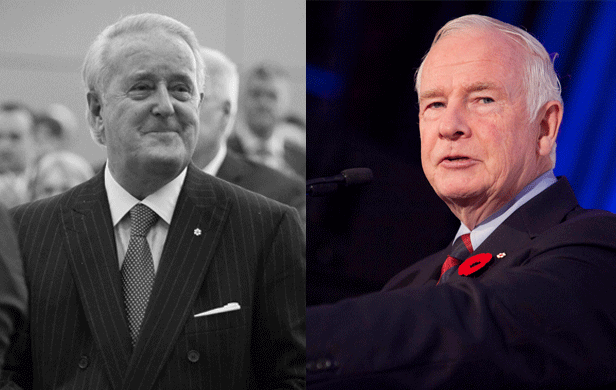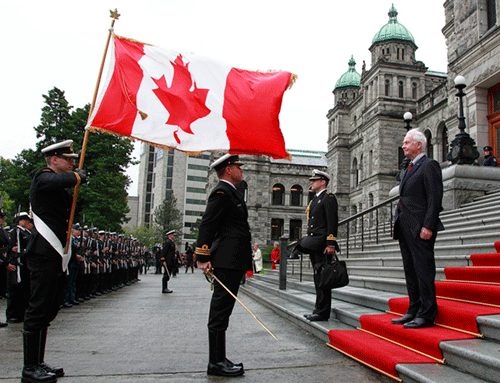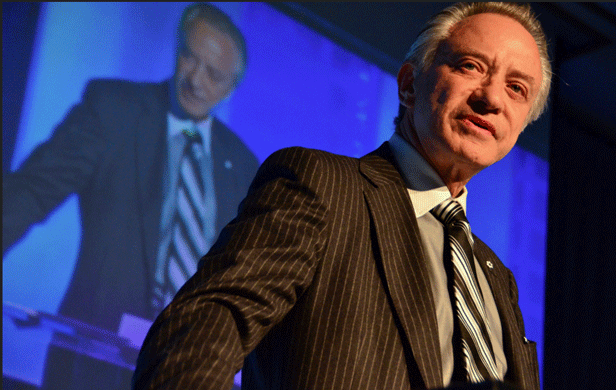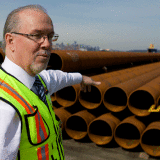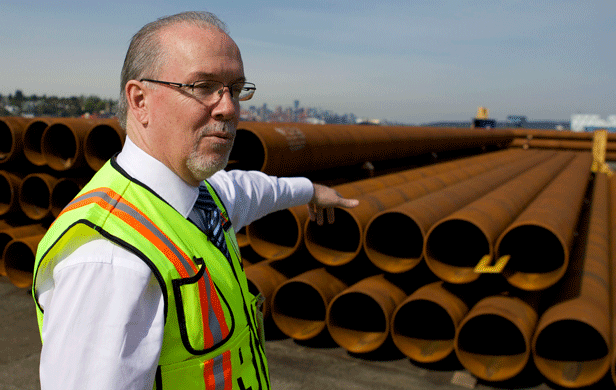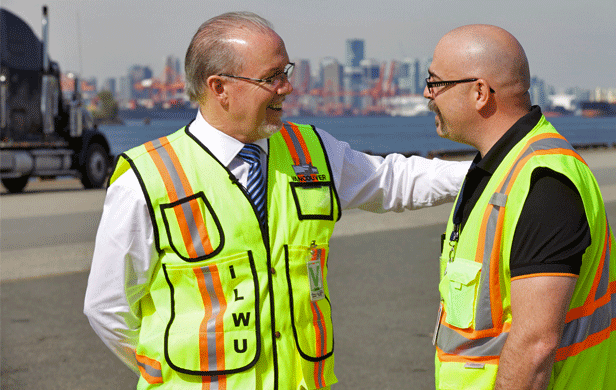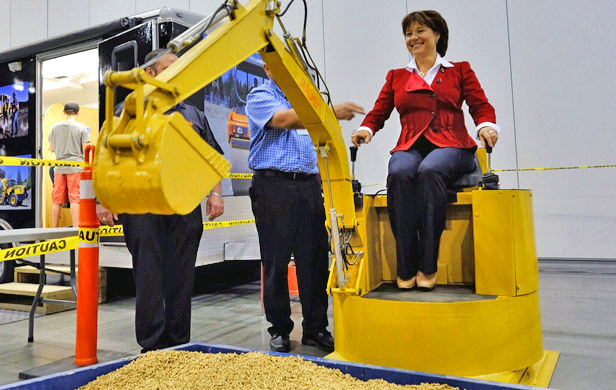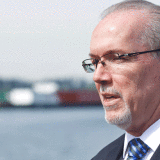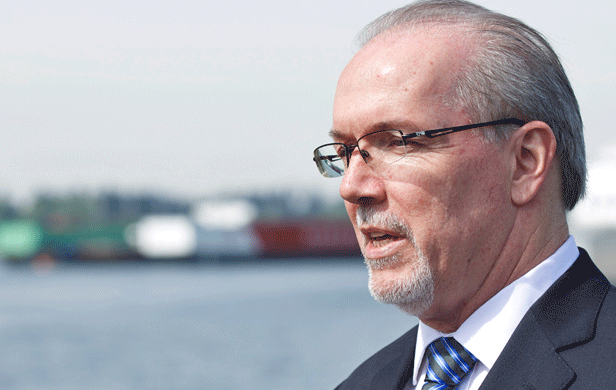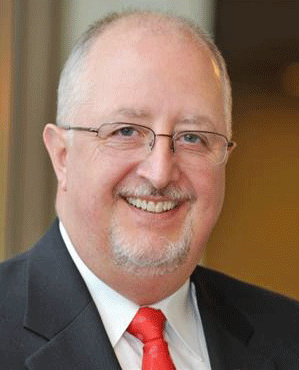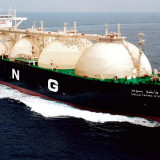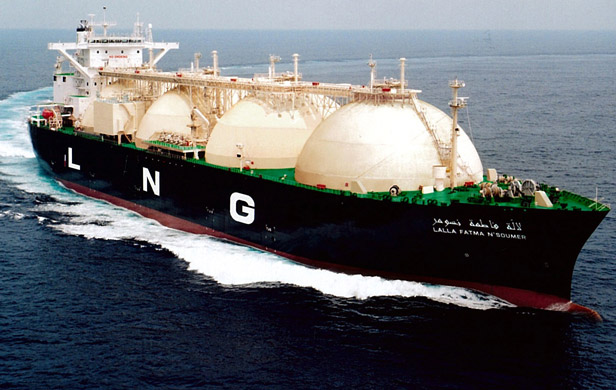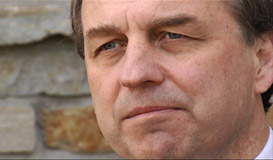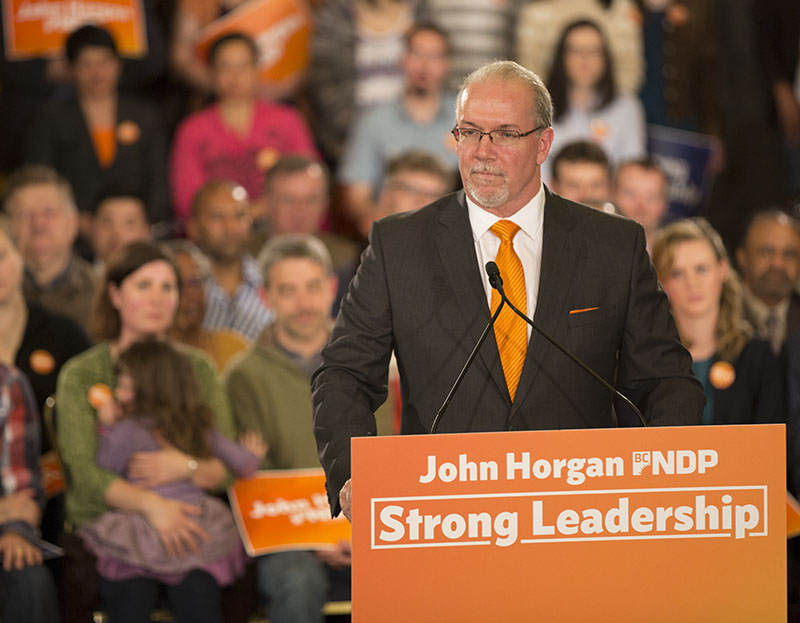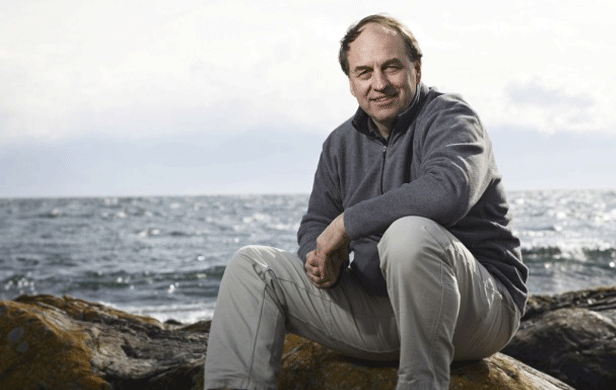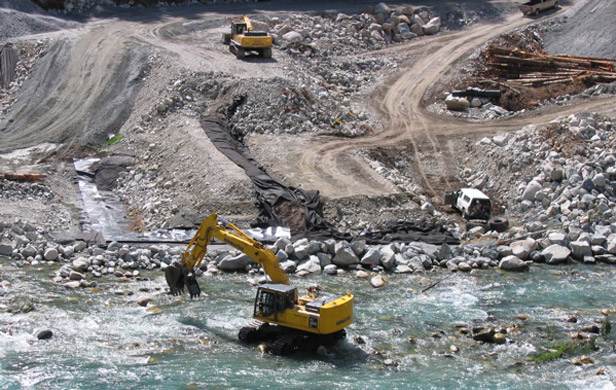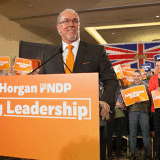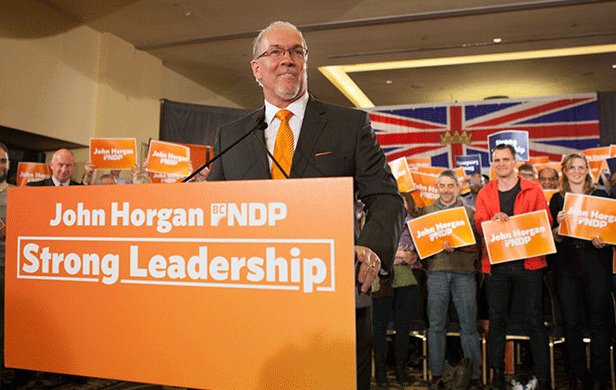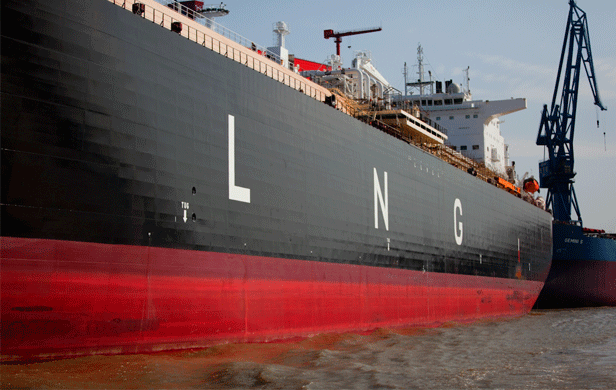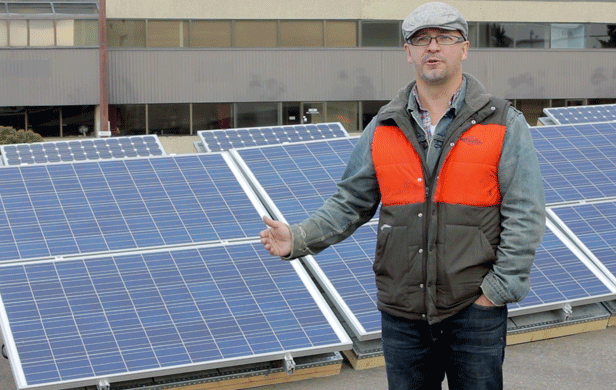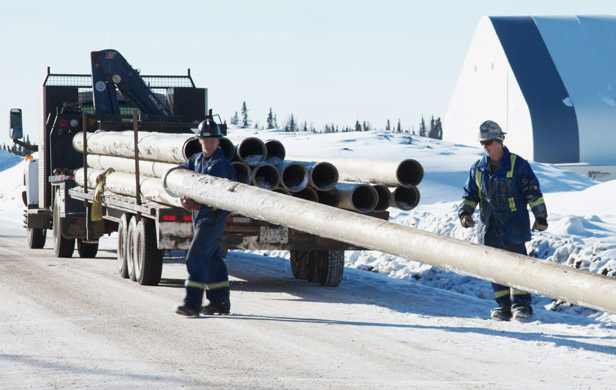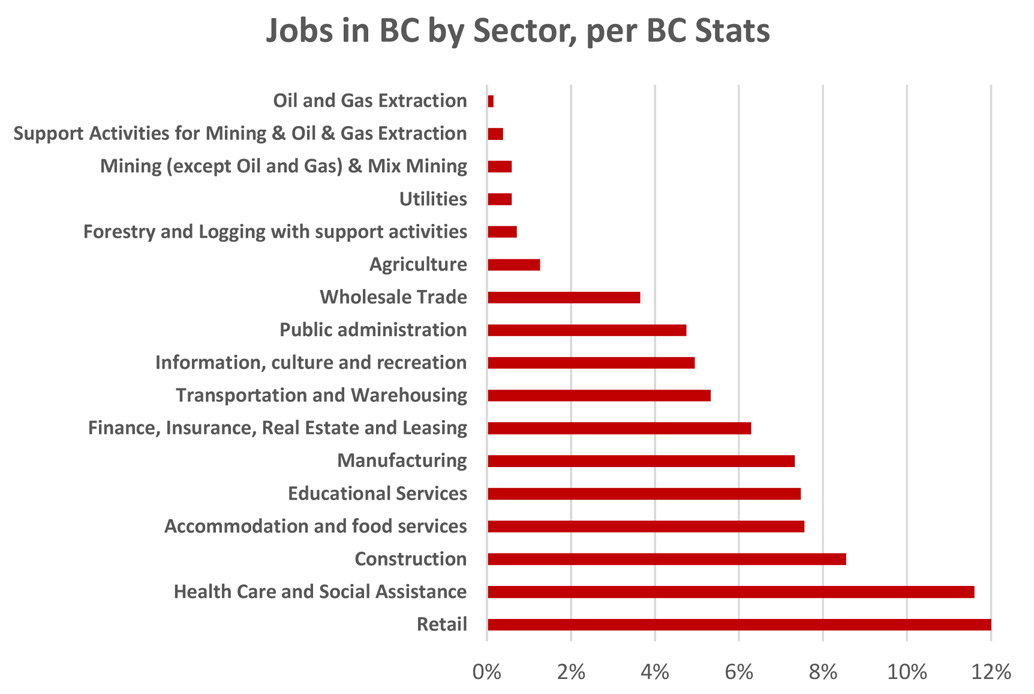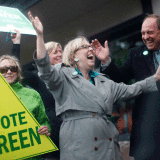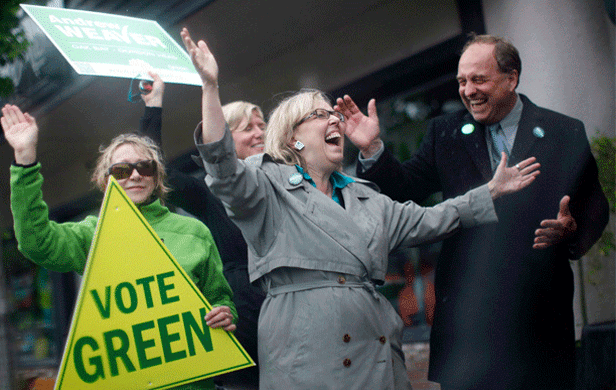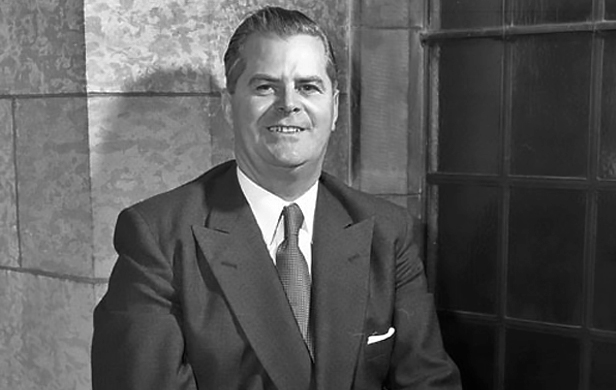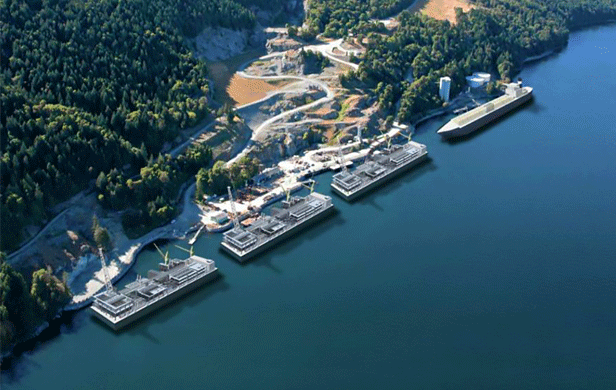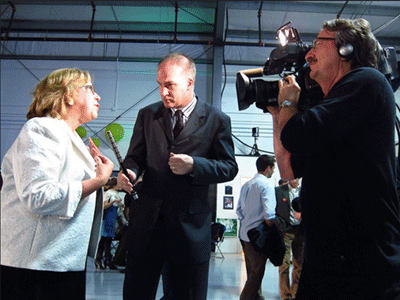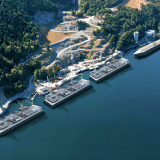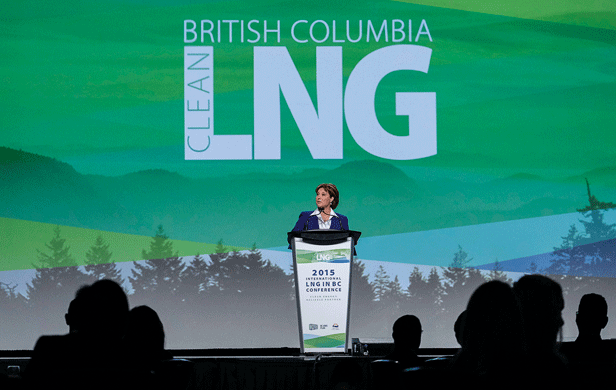
The term “conflict of interest” poses difficulties for many people. That’s because lawyers make money by confusing simple things. If one has a public duty and private interest in the same area as that public duty, it’s a conflict, plain and simple. It does not mean that this person is a crook or making illegal profits, although they’re not excused if they do, just that they mustn’t be in a position where they can do so. There is no presumption of innocence involved – just conflicting interests.
Quid Pro Quo
Martyn Brown, former aide to both Premiers Christy Clark and Campbell, recently stated:
[quote]No corporation, no industry, no union gives the level of money that they give to politicians without expecting special consideration in return, and they do get it…For the Liberals, the housing industry, construction industry, real estate, the liquor industry, energy industry, certainly the mining industry, big forest industry — all gave exceptional amounts of money, and they got exceptional attention.[/quote]
Clark caught in the Act
The Members Conflict of Interest Act seems easy to understand:
[quote]2 (1) For the purposes of this Act, a member has a conflict of interest when the member exercises an official power or performs an official duty or function in the execution of his or her office and at the same time knows that in the performance of the duty or function or in the exercise of the power there is the opportunity to further his or her private interest. [Emphasis added – RM][/quote]
2 (2) defines “apparent” conflict of interest, but since the greater includes the lesser, it’s irrelevant in my view.
Premier Clark raises large sums for the direct benefit of herself and her government from those who thrive on benefits from the government she leads. What is even remotely confusing about that? Her actions are clearly covered by 2(1)
Is that hard to grasp?
Playing dumb
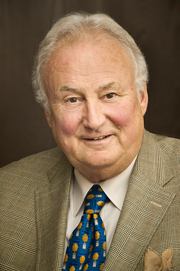
Apparently it is for Conflicts Commissioner Paul Fraser who said, “I am unable to conclude that the donations received by the Liberal Party in the circumstances described amount to a ‘private interest’ for the premier.”
Let me get this straight. The party and the premier need money so they can get elected and Clark can get paid $195,000 per year and perks. She goes to fundraisers, using her considerable ability to raise money from people who want favours in exchange. The Liberal Party, including the generous donors that benefit so hugely, pay Ms. Clark an extra $50,000 per year for her services.
According to Mr. Fraser, Clark is not acting as premier when she attracts all those wealthy patrons with open wallets, but as a politician!
Really! If all the Liberal Party needed was a politician, they could use Rich Coleman. They don’t use Coleman because, even if he covered himself with molasses, he couldn’t draw flies, let alone wealthy ones.
Commissioner in his own conflict?
I remember you when you were smart, Paul. But I suppose I shouldn’t be surprised, since you don’t think that the fact of your son’s long and close friendship with Clark and that he is a politically appointed Deputy-Minister in her government places you in a conflict of interest! Hell, Paul, you’re probably right. I mean, who would ever dream that a lawyer making $269,000 a year from a legislature made up largely of Liberals would consider it in his interest to keep those Liberals kindly disposed towards him?
Governor General in same boat
This entire area of the behaviour of our “betters” reeks with hypocrisy. You will remember the story of lawyer David Johnston, in a decision that defied belief, rescued Brian Mulroney from questions on his taking a bag full of money from a crook in a New York hotel room in the middle of the night and, then, by one of those amazing coincidences Canadian politics are known for, was appointed Governor General of Canada by the Stephen Harper – who had put him in charge of the Mulroney investigation and was relieved as hell that Mulroney couldn’t blab.
That story brought forth a response to criticism of Johnston, from Andrew Coyne in MacLean’s, who said:
[quote]”It’s true that it was Johnston, as adviser to the Prime Minister on the terms of reference for the Oliphant inquiry, who recommended against including the Airbus scandal in its mandate, a decision that looks all the more baffling in light of the judge’s findings: not only that Brian Mulroney took hundreds of thousands of dollars in cash, shortly after leaving office, from the very man from whom he was accused of taking bribes while in office, but that he lied about it, up to and including his appearance before the inquiry. Regardless of whether Mulroney was personally involved, the circumstances surrounding the Airbus deal are so suspicious that, even 22 years later, they cry out for an inquiry — not in spite of the passage of time but because of it. Johnston’s reasoning, that Airbus, having once been the subject of an RCMP investigation, was “well-tilled ground,” is simply unsupported by the facts: the RCMP had only just begun their investigation when it was shut down by the leaking of the infamous “Swiss letter,” a calamity from which it never recovered. [Emphasis added – RM][/quote]
For all this clear and severe criticism, Coyne rejected any suggestion that there was a quid pro quo, to clear Lyin’ Brian and become G-G. And maybe there wasn’t but, goddammit, it looked awful.
A different standard
Now yesterday Coyne had this to say about Clark:
[quote]And yet Clark’s only reaction has been to shrug, at all of it: the dinners, the corporate and union donations, her own cut, on the grounds that it has all been disclosed. After all, say her supporters, can you prove there was some quid pro quo? This has things exactly backward. This is not a criminal trial. It is not up to the public to prove, beyond a reasonable doubt, that their leaders are corrupt. It is up to the premier, as the holder of a public trust, to conduct herself in such a way as to prevent any such suspicion arising. People should not have to wonder about these things, as if integrity in office were just another issue to be weighed against tax cuts and health care. It should be a given. [Emphasis added – RM][/quote]
Couldn’t have said it better myself. My only question is, how come it applies to Christy Clark but didn’t apply to Johnston?
A cynic might suspect that while Coyne doesn’t give a fiddler’s fart if Christy Clark and her supporters don’t like him, he cringes at the thought that the eastern Canadian establishment, upon whom he so clearly depends, might think badly of him and that he might lose his role as the national media suck.
The “Smell Test”
There is a better test for these issues shorn of legalese crap – does it pass the “Smell Test”? What would the folks in the pub say?
An imprecise test to be sure but anyone with half a brain and no conflict of interest themselves would say that both the Johnston/Harper/Mulroney and Christy Clark cases stink to highest heaven and that Andrew Coyne and Paul Fraser ought to repair to the nearest pub and put their conclusions to the smell test.
